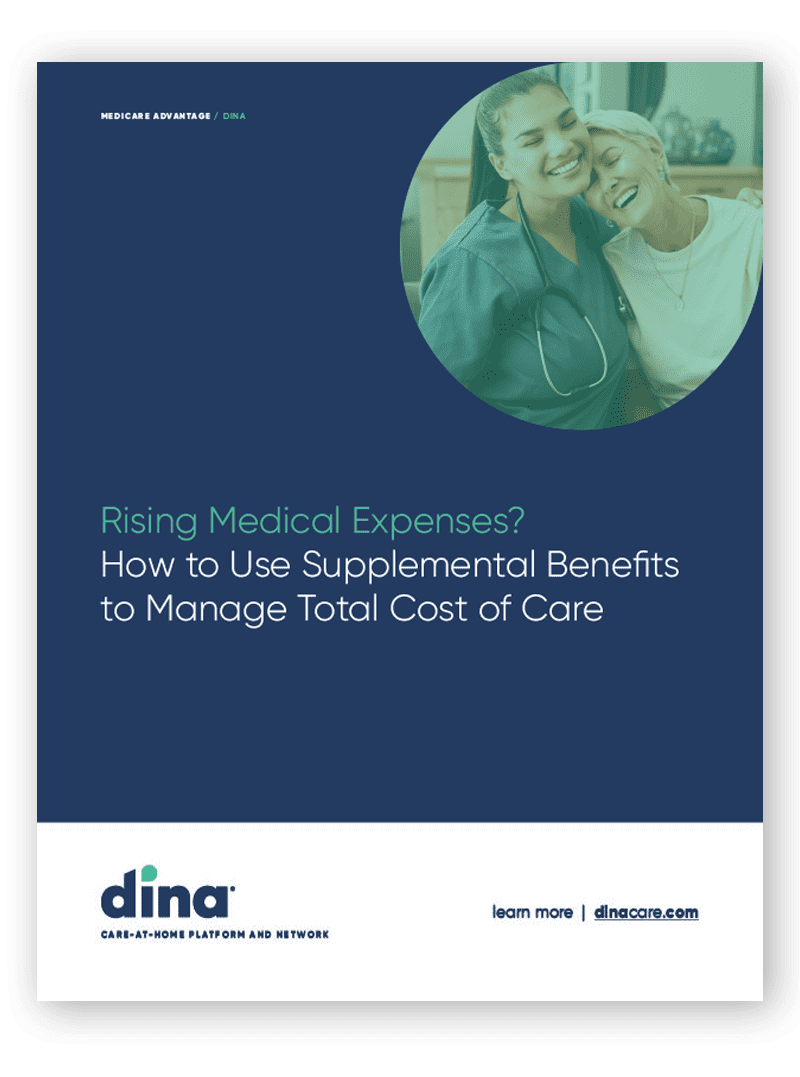
Unfulfilled home health referrals lead to higher mortality among Medicare Advantage (MA) members, according to a report published in the American Journal of Managed Care.
The report documents 2,115 discharged patients who received home health services and 761 discharged patients who were referred for home health services but not treated.
The treated group experienced lower mortality at 30 days (2% versus 3%, respectively); 90 days (8% versus 10%); and 180 days (11% versus 14%).
MA members referred to home health after inpatient hospitalization may or may not receive these services for a variety of member- and healthcare system–related reasons. Common reasons for unfulfilled home health referrals include member refusal of service and an inability to contact or locate members.
Poor Access Leads to Poor Outcomes

Because referring hospital physicians believe that their members will receive home health and may plan their discharges accordingly, the report encourages care teams to address gaps in understanding, anticipate barriers to service, and strengthen communication between inpatient teams and home health agencies.
Medicare beneficiaries are projected to grow to more than 80 million by 2030, up from 54 million in 2015. Meanwhile, the percentage of total Medicare beneficiaries enrolled in a MA plan increased steadily from 19% in 2007 to 51% in 2023.
To deliver high-quality member-centered care while controlling costs, MA plans need to optimize treatment of their members in the home setting, according to the report.
To deliver high-quality member-centered care while controlling costs, MA plans need to optimize treatment of their members in the home setting.
There may be a role for home health during the post-hospital period to provide continuity of care in the home. But not every member who is referred to home health ultimately receives home health services for a variety of reasons.
The study underscores the importance of clear guidance for clinicians on home health referral criteria, improved member education of home health services, improved assessment of social determinants of health, and improved care coordination and transparency.

Rising Medical Expenses?
Don't Cut Benefits!
Instead, see how to drive smart utilization of non-medical benefits to meet your value-based objectives. Download the report "Rising Medical Expenses? How to Use Supplemental Benefits to Manage Total Cost of Care" to learn more.





